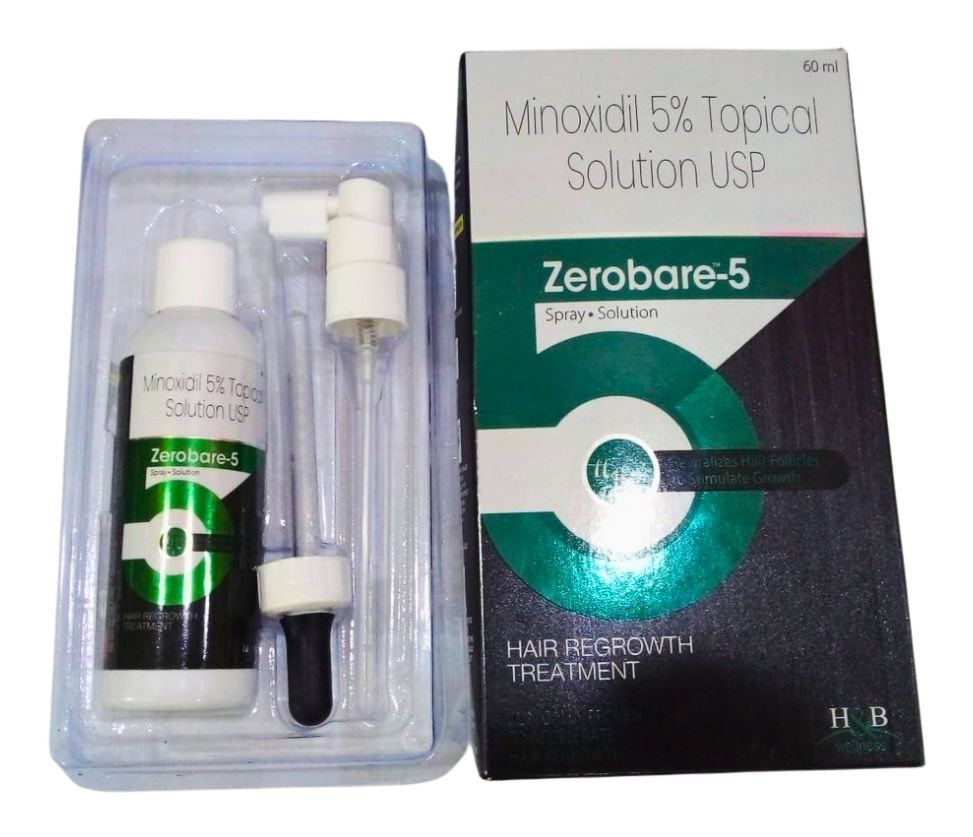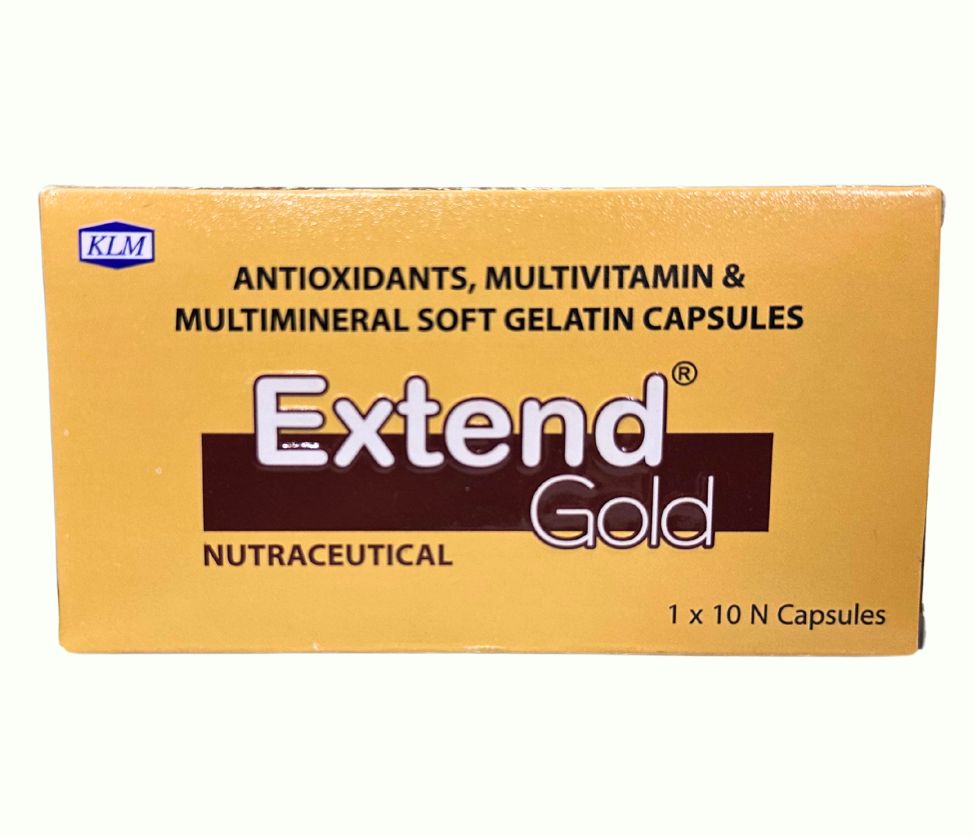Bye-Bye Dark Circles: 9 Surprising Causes Revealed

Dark circles under the eyes mean the skin area below your eyes looks darkened. Depending on the person's natural skin color, this area may appear as shades of purple, blue, brown, or black. Sometimes, what looks like dark circles may be shadows cast by swollen eyelids or hollows under the eyes that may develop with aging. Dark circles may also be called" periorbital hyperpigmentation or under-eye bags."
They can impact anyone but are generally more common in: older adults, individuals with a genetic predisposition to this condition and individuals with darker skin tone.
What Causes Dark Circles Under the Eyes?
Fatigue is generally believed to be the most common reason for dark circles, but it might be controversial, and there are more reasons for dark circles.
- Eyestrain: Watching television or computer screens for too long can strain your eyes. This strain could dilate the blood vessels around the eyes, potentially resulting in dark circles.
- Sleep Disorders: Sleep disorders are a group of disorders that affect standard sleep patterns. If someone is suffering from sleep disorders like insomnia or circadian rhythm disorders, there is a high chance of developing under-eye bags.
- Sun Exposure: Prolonged sun exposure can cause dark circles to form under the eyes due to increased melanin production. This is called post-inflammatory pigmentation. Too much sun exposure may produce excess melanin (the pigment that gives skin its color). The body might deposit excess melanin beneath the eyes, resulting in hyperpigmentation.
- Lifestyle Factors: A lot of lifestyle factors, such as smoking, lack of physical activity, and drinking alcohol, may also be associated with periorbital hyperpigmentation.
- Anemia: Anemia is when red blood cells are lower than usual; if you have anemia, you may notice paler skin and the appearance of dark circles under the eyes.
- Aging: As someone ages, the skin loses elasticity due to reduced collagen and fat. This makes the dark blood vessels beneath your skin more visible, causing the area below your eyes to darken.
- Genetics: Few studies suggest that genetics may contribute to the development of periorbital hyperpigmentation. This means that if anyone in your family has ever had dark circles, there is a high chance that you may also develop under-eye bags.
- Dehydration: Lack of water in the body may also develop a dark circle because when the body is not well hydrated, the skin may appear sunken and dull under the eyes.
- Allergies: If you are prone to allergies, you may notice that your under-eye pigmentation worsens during certain times. It is because the body releases histamine (which causes dilation and inflammation of blood vessels) to combat allergic reactions.
Types of Dark Circles with Their Causes
- Pigmented Dark Circles: Appear brownish, caused by sun damage and allergic reactions.
- Vascular Dark Circles: A dark bluish tint appears, caused by lack of sleep and fatigue.
- Structural Dark Circles: A dark purplish tint appears, caused by loss of fat collagen, aging, and poor moisturization.
How to Prevent Dark Circles?
Dark circles can be prevented by following some easy and simple tips. These tips include:
- Limit screen time: Taking a break from long staring at the screen can help to prevent the appearance of dark circles. Also, avoid excessive use of screens. Reducing stress is inevitable, but you can uncover healthy ways to handle stress, such as practicing meditation and yoga and scheduling time for self-care.
- Get enough sleep: Go to bed at a fixed time and get at least 7 hours every night. Correct your sleep schedule by sleeping and waking at a fixed time daily.
- Using sun protection: Be sure to apply sunscreen on the face, especially under the eyes, and wear sunglasses.
- Quit smoking: Smoking speeds up the aging process the skin goes through.
- Iron-rich diet: Including essential micro and macronutrients can reduce many deficiency health problems. To prevent dark circles, include iron-rich food items like tofu, beans, lentils, jaggery tuna, kale, dark chocolate, eggs, etc.
- Stay hydrated: Drinking enough water can prevent under-eye sagging and make skin look hydrated.
- Avoid rubbing your eyes all the time.
Treatment of Dark Circles
If you want to remove your dark circles permanently, you should contact a dermatologist. Medical treatment options available for dark circles may include:
- Topical Creams: Topical creams containing vitamin C and retinoids can help to lighten the appearance of dark circles under the eyes.
- Chemical Peels: Chemical peels use alpha hydroxy acids (AHA) to reduce the pigmentation under the eyes.
- Tissue Fillers: Injectable fillers such as hyaluronic acid gel can increase volume and help smooth the eye area.
- Platelet Rich Plasma (PRP) Injections: These injections help to repair the under-eye skin, speed blood vessel growth, and strengthen collagen and skin.
- Laser Therapy: Laser procedures help to resurface and tighten the skin. Noninvasive laser options have pulsed dye and diode lasers.
Home Remedies for Dark Circles
You can do many things at home to reduce dark circles under your eyes. Home remedies include:
- Get enough sleep: Get at least 7-8 hours of sleep every night.
- Use pillows: Elevate your head with a pillow to prevent fluid from collecting under your eyes at night. It helps with puffiness.
- Cold compress: Apply cold spoons or ice under the eyes to help shrink dilated blood vessels. This can decrease puffiness and the appearance of dark circles under the eyes.
- Lay cucumbers under your eyes, as cucumbers are full of vitamin C and water.
- Place cold tea bags under your eyes to improve circulation because tea contains caffeine and antioxidants.
- Cosmetics: Facials that include massage under the eyes can help improve blood circulation and light the dark circles.
DISCLAIMER : This website provides general information for educational purposes only and should not be considered a substitute for professional medical advice, diagnosis, or treatment. Always seek the guidance of a qualified healthcare professional with any questions you may have regarding a medical condition. Do not disregard professional medical advice or delay seeking it because of information you've read on this website. Your health is important – when in doubt, consult a doctor.






